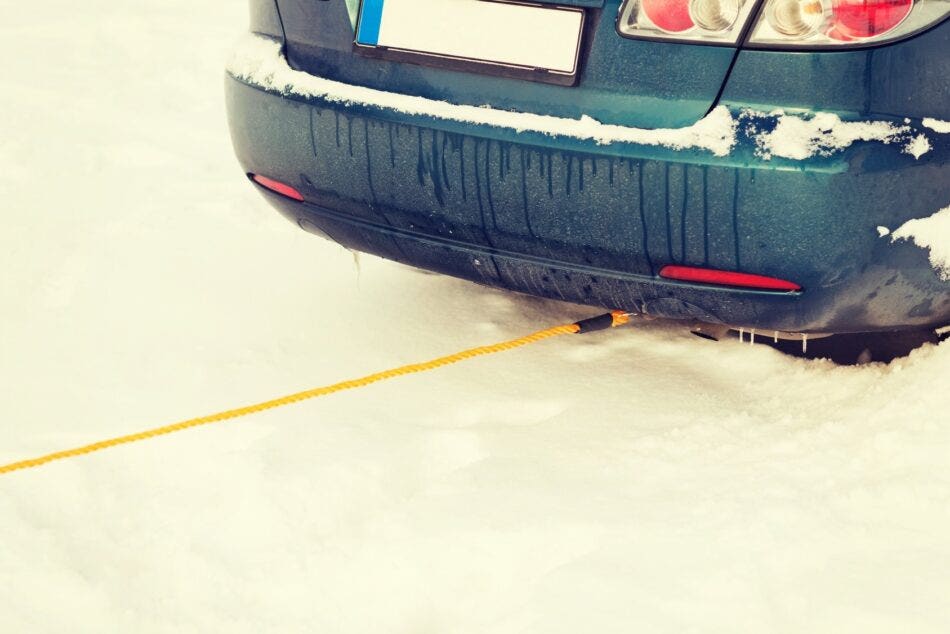You’re driving down an isolated road when you come across a motorist who has slid off the road and into the ditch. In an act of kindness you offer to help by attaching chains to your car and to the stranded vehicle’s bumper. You slowly start to pull the car out of the ditch but before you can finish the chain snaps and the other guy’s car bumper snaps right off. A few weeks later you get served with legal papers: The guy you pulled out of the ditch is suing you for damages. Now you wonder am I covered?
Your heart might’ve been in the right place but the truth is even a simple act of kindness can put you in an unexpected risk. Despite being unpaid and unskilled by helping the stranded motorist you’re actually undertaking potentially hazardous work. Yet because you don’t have the expertise for this job you may not know how to perform the task with an appropriate level of skill and safety. As a result you open yourself up to a possible lawsuit .
If you do find yourself on the receiving end of a lawsuit the good news is you’re covered. Every car and truck insurance policy not only offers protection from damage caused during collisions but also offers liability coverage—protection from legal or medical costs associated with your vehicle. That means if you end up being served court papers because you damaged a person’s car while trying to help them your car insurance will help defray the legal costs.
Since helping a stranded motorist could put you in harm’s way some drivers may be reluctant to help. Still for many the idea of driving by someone who needs help isn’t appealing. Thankfully there are ways to reduce your risk.
For instance you could ask the driver of the other vehicle to hook up their own vehicle. This puts the onus on the driver of the other vehicle if potential damage should occur. Another option is to ask the other driver to sign a waiver. A simple piece of paper with a statement that you’re not responsible for any damage or harm you may cause during your good Samaritan act and signed by you and the other driver would suffice. Or you could use your smartphone to videotape a conversation between you and the other driver to exempt you from potential damage caused. Finally, your best option may be to check up on the occupants of the stranded car to make sure they’re alright and then call emergency responders or a tow-truck. This not only helps but ensures you don’t get caught in a legal mess.

